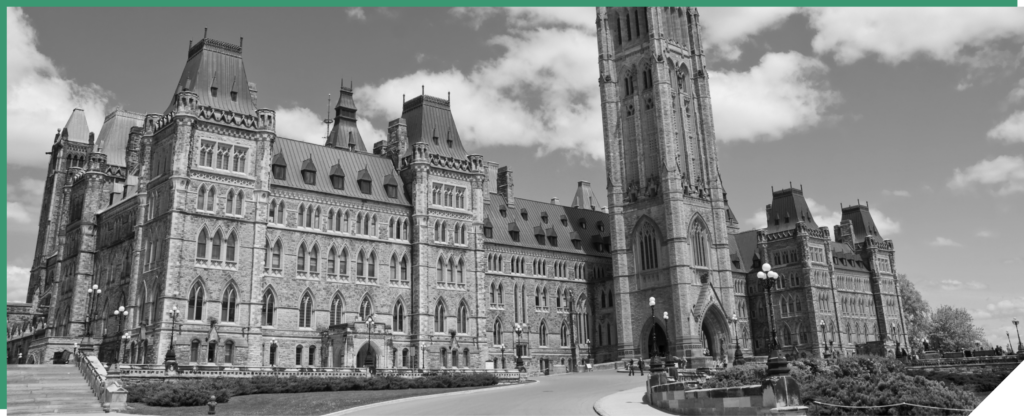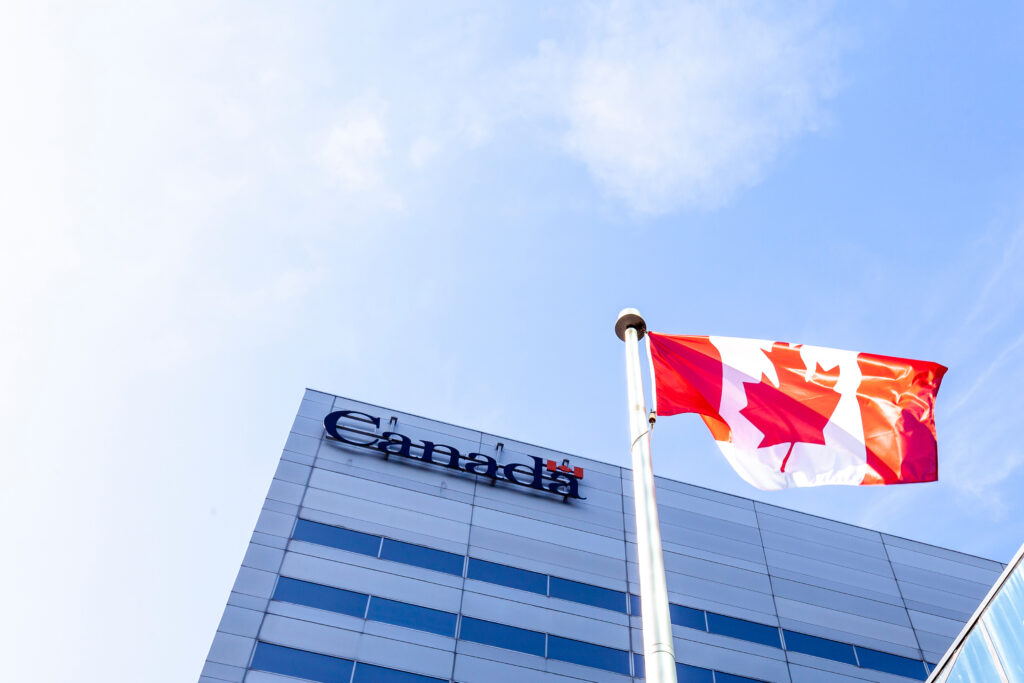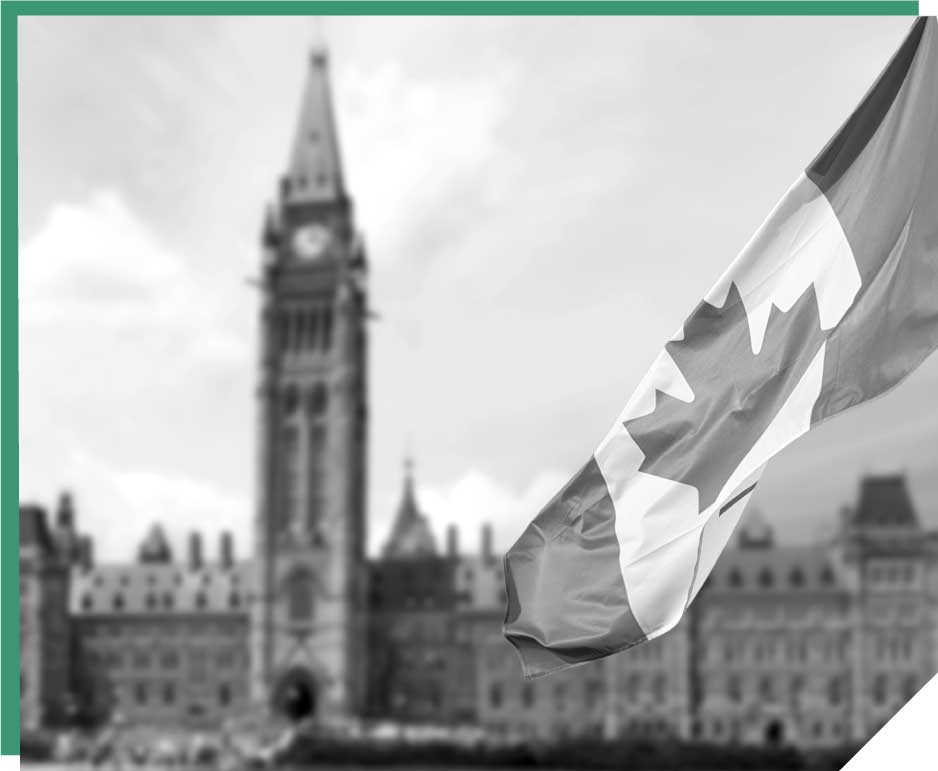
2021 Federal Budget Highlights
On April 19, 2021, the Honourable Chrystia Freeland tabled her first budget as federal Minister of Finance. What is not in this budget is probably more interesting than what is.
There is no increase in either personal or corporate tax rates, no increase in the capital gains inclusion rate, no change to the principal residence exemption, no universal basic income, no tax measures to assist in the intergenerational transfer of businesses and no family wealth tax.
The following is a summary of the budget highlights and tax measures that may be of interest to you.
Canada Emergency Rent Subsidy (CERS) extension
The Canada Emergency Rent Subsidy was introduced in September 2020 and provides a rent subsidy in respect of eligible rent and mortgage interest expenses of up to $75,000/location per claim period, up to a maximum of $300,000 per claim period. Like the CEWS, the CERS is based on the revenue decline experienced by the qualifying renter in the relevant qualifying period to a maximum of 65%. If the location is subject to a public health restriction during the qualifying period, an additional 25% subsidy is available, with the CERS being up to 90% of an affected qualifying renter’s eligible rent expense.
Budget 2021 proposes to the extent the CERS program through the summer, ending 25 September 2021. However, starting on 4 July 2021, the subsidy rates will be reduced and phased out. The 25% lockdown support top-up subsidy, however, will remain for the balance of the program.
Canada Emergency Wage Subsidy (CEWS)
Budget 2021 proposes to extend the Canada Emergency Wage Subsidy program to 25 September 2021 and contains several other changes.
Beginning 4 July 2021, only employers with a revenue decline in excess of 10% will be eligible for the CEWS Gradual phase-out of the subsidy.
The budget also proposes to require publicly listed corporations to repay wage subsidy amounts received for any qualifying period that begins after June 5, 2021, if its aggregate compensation for specified executives during the 2021 calendar year exceeds its aggregate compensation for specified executives during the 2019 calendar year.
Canada Recovery Hiring Program (CRHP)
As an alternative to the CEWS and to encourage hiring, certain employers will be allowed to claim an amount under the proposed CRHP for six periods between June 6 and November 20, 2021. Key features of the program are:
- Eligible employers would include Canadian-controlled private corporations (CCPCs), individuals, non‐profit organizations, registered charities and certain partnerships.
- The subsidy would apply to incremental remuneration increases at the rate of 50 per cent for the first three periods, declining for the final three periods to 40 per cent, 30 per cent and 20 per cent, respectively.
- Eligible weekly remuneration is limited to $1,129 per eligible employee.
- The CEWS revenue decline test would apply to determine qualification, along with other conditions.
Immediate Capital Cost Expensing
Budget 2021 proposes to expand the immediate expensing of up to $1.5 million per taxation year of specified capital property acquisitions to Canadian Controlled Private Corporations (CCPCs) through the capital cost allowance (CCA) system.
The CCA system determines the amount of tax deductions that are allowed on the capital property over the life of the asset.
The assets eligible for immediate expensing would be all assets subject to the CCA rules with the exception of property included in Classes 1 to 6, 14.1, 17, 47, 49 and 51, (buildings, goodwill, roads and parking lots, transmission or distribution equipment, pipelines and natural gas distribution equipment). The property must be acquired on or after 19 April 2021 and must be available for use prior to 1 January 2024.
Interest deductibility limits
Budget 2021 proposes to introduce a new earnings-stripping that would limit the amount of net interest expense that a corporation may deduct in computing its taxable income.
The new rule would apply generally to Canadian corporations, trusts, partnerships and Canadian branches of non-resident corporations. Those exempt from the new rule would be limited to CCPCs that, together with any associated corporations, have taxable capital employed in Canada of less than $15 million, and groups of corporations and trusts whose aggregate net interest expense among their Canadian members is $250,000 or less.
New Tax on Luxury Goods
Budget 2021 proposes to introduce a tax on the retail sale of new luxury cars and personal aircraft effective as of 1 January 2022.
For vehicles and aircraft priced over $100,000, the amount of the tax would be the lesser of 10% of the full value of the vehicle or the aircraft, or 20% of the value above $100,000. For boats priced over $250,000, the amount of the tax would be the lesser of 10% of the full value of the boat or 20% of the value above $250,000.
Canada-Wide Early Learning and Child Care System
The Federal government will work towards the goal of bringing fees for regulated childcare down to $10 per day by 2026.
$15 Federal Minimum Wage
Universal basic income was not introduced in this budget; however, the government proposes to establish a federal minimum wage of $15 per hour and increasing with inflation.
There are not many revenue-generating budget measures, funding our ever-increasing deficit will have to wait….
SHARE
Title here
2024 FEDERAL BUDGET COMMENTARY
On 7 April 2022, Deputy Prime Minister and Federal Finance Minister tabled the 2022 Federal…
2023 FEDERAL BUDGET COMMENTARY
On 7 April 2022, Deputy Prime Minister and Federal Finance Minister tabled the 2022 Federal…
UHT – UNDERUSED HOUSING TAX – Does it affect you?
On 7 April 2022, Deputy Prime Minister and Federal Finance Minister tabled the 2022 Federal…



